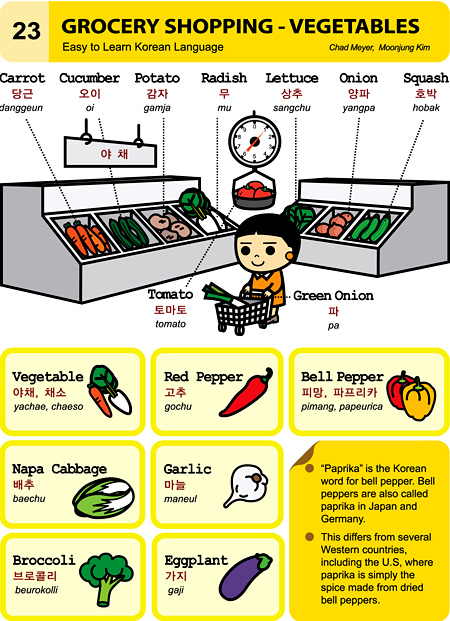A language’s history can help me learn the language, because I will have context for why certain words are used more often than others or why some words don’t exist in the language. For example, I know that Koreans follow Confucianist principles heavily in their daily lives, which explains the existence of honorifics and formal speech that Koreans use to show respect for elders, strangers, and family members. If I didn’t know how important filial piety was in Korea, I could probably still train myself to say honorifics and formal speech in the right situation. But, it’ll be a thousand times easier if I knew the history, because then I would probably understand cultural mannerisms and infer the right things to say. And, I'd much rather prefer improvising my conversations than remembering a fixed dialogue from a textbook.
Learning about the history of Hangeul allowed me to discern when to use hanja and Hangeul. I now have a greater appreciation of Hangeul, because I learned that it’s an alphabet that persevered through times of power and class struggles. The fact that nearly 100% of Koreans are literate now amazes me because that’s a wonderful status for any country. So, in that case, I think learning about the history helps motivate me to learn the language as well. In the end, you can’t separate language from the culture. You have to learn them both to be a truly proficient language learner.


